Each year, on July 20th, the global chess community gathers, on and off the board, to celebrate International Chess Day.
But what exactly are we celebrating?
For many, it might seem obvious: chess, of course.
Yet, dig a little deeper and the origins and meaning behind this international holiday are far richer and more surprising than they first appear.
International Chess Day is not just a tribute to 64 squares. It’s about diplomacy, education, global unity, and even geopolitics.
Below are 5 surprising facts that reveal why this day holds far more significance than most people realize.
1. The Date Was Chosen to Honor the Game’s Global Architects, Not Its Origin
International Chess Day falls on July 20th, not because it marks the game’s invention, but because it commemorates the founding of FIDE (Fédération Internationale des Échecs) in 1924.
Established in Paris, FIDE was the first serious attempt to organize chess under a unified global banner.
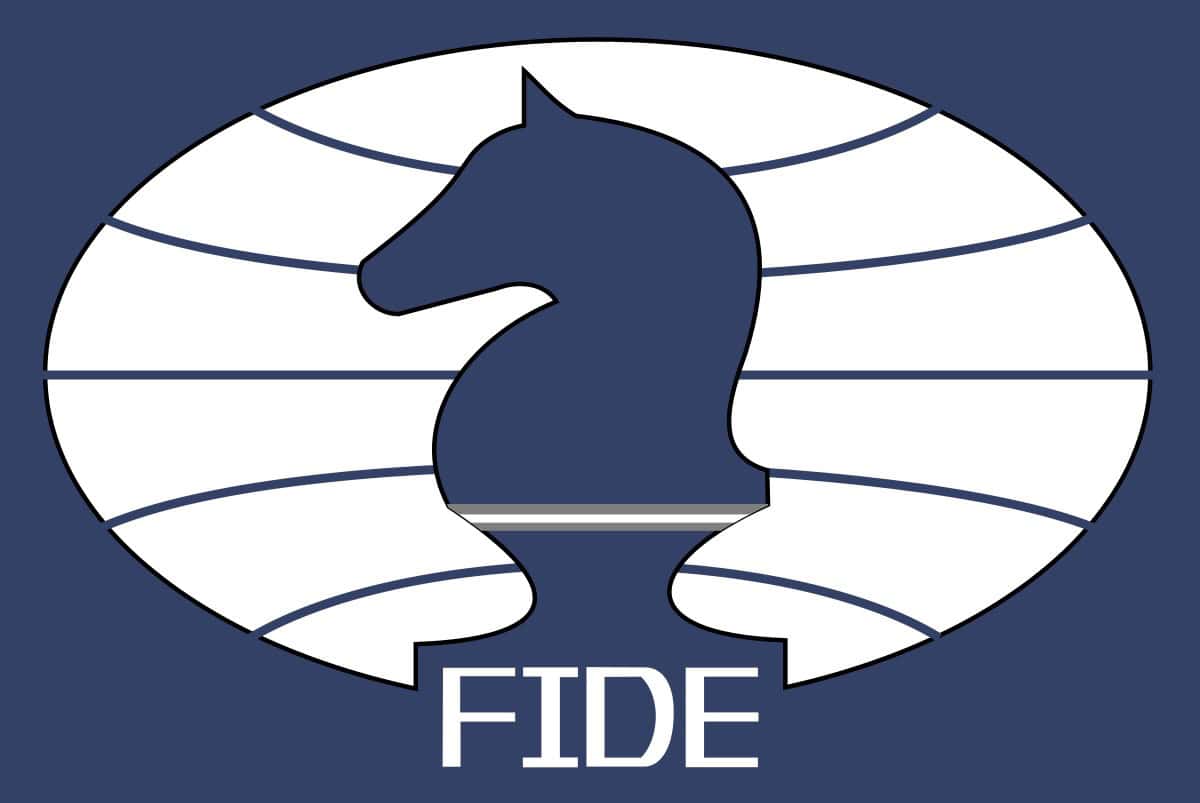
Most people assume that International Chess Day celebrates chess’s ancient origins.
After all, it is believed that India spearheaded chess’s invention, where it began as chaturanga.
This was a military strategy game that eventually evolved into modern chess via Persia, the Islamic world, and Europe.
However, the creators of International Chess Day chose to focus not on ancient inventions but on international unity.
By honoring FIDE’s birth, the day reflects chess’s transformation from a cultural pastime into a diplomatic tool, a universal language spoken across borders.
FIDE’s motto, “Gens una sumus” which translates to “We are one people,” captures that spirit perfectly.
This surprise alone reframes the day: we’re not just celebrating chess as a game, but chess as a global structure that brings people together.
2. It’s Officially Endorsed by the United Nations
In December 2019, the United Nations General Assembly passed a resolution formally recognizing International Chess Day.
It was a remarkable move, considering the UN rarely gives formal endorsement to board games or leisure activities.
So, why chess? It’s because the UN sees chess as far more than a pastime.
The resolution highlighted chess as an affordable and inclusive activity that can be played anywhere, praising its role in promoting peace, tolerance, and international cooperation.
The resolution was co-sponsored by more than 50 countries, including India, Armenia, and Russia, which helped underline how chess strengthens education systems, nurtures mental development, and helps bridge socio-economic divides.
In a divided world, chess was held up as a tool of soft diplomacy.
This gives the day a global legitimacy that few sports or games enjoy.
Think about it: how many other games get official recognition from the UN General Assembly?
It’s a rare honor that underscores chess’s influence on human development and harmony.
3. Chess Was Used as a Cold War Peace Tool
Ask most people about chess in the Cold War, and they’ll remember Fischer vs. Spassky, the famous 1972 World Championship that took place in Reykjavík, Iceland.
It’s remembered as the ultimate East vs. West match-up: Bobby Fischer, the eccentric American genius, versus Boris Spassky, the Soviet grandmaster representing a system that had long dominated chess.
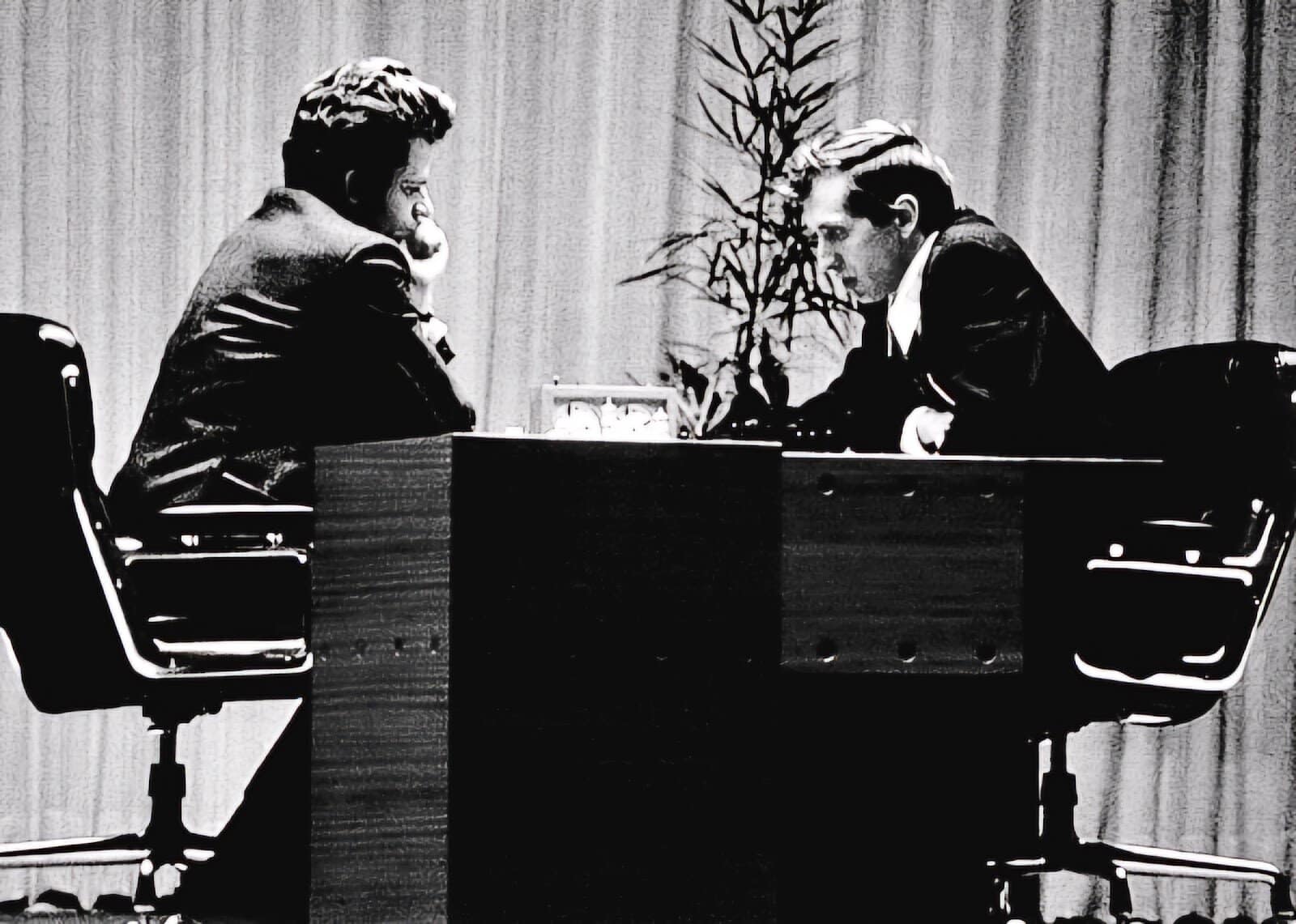
But here’s the twist: while the world saw it as a proxy war, chess also played a surprising diplomatic role behind the scenes.
The Reykjavík match became a rare bridge between two superpowers who refused to meet anywhere else.
The press watched it like a political event.
The KGB monitored Spassky. The CIA studied Fischer.
But amid all that tension, a strange thing happened: communication opened up, and the match created a shared cultural moment.
FIDE, the international chess body, quietly acted as a mediator, maintaining neutrality and ensuring both sides cooperated.
Later, other international matches also served as back-channel communication points during icy relations. This role as a “peace tool” was subtle but powerful.
So yes, chess symbolized rivalry, but it also facilitated peace. And that diplomatic dimension is now part of what we honor every July 20th.
4. It’s a Global Holiday, But Not in Chess’s Birthplace
Another surprising fact? International Chess Day is not most actively celebrated in India, even though that’s where chess was born.
India gave the world chaturanga, the ancient precursor to modern chess.
The game spread from India to Persia (where it became shatranj), then across the Islamic world, and into Europe during the Middle Ages.
Yet, despite this heritage, the modern celebration of International Chess Day is more actively promoted by European, Latin American, and Eastern European countries.
Nations like Russia, Armenia, Azerbaijan, Cuba, and Spain have developed strong cultural attachments to chess.
These countries regularly organize national tournaments, public chess exhibitions, school programs, and media events on July 20th.
Even countries like Venezuela and Kazakhstan run public chess campaigns.
Meanwhile, India, despite producing modern stars like Rameshbabu Praggnanandhaa and Dommaraju Gukesh, hasn’t yet matched the level of state-backed, countrywide International Chess Day celebrations seen elsewhere.
This contrast is striking. The birthplace of chess is not its most vocal celebrant, at least not on this particular day.
It’s a reminder that global recognition doesn’t always align with cultural origin.
5. Chess is Promoted as a Human Right for Education
One of the most radical and heartening developments in recent years is how International Chess Day has become a platform for educational reform, especially in underdeveloped or war-affected regions.
Organizations like FIDE, Chess in Schools, and Chess for Education now use the day to promote programs that advocate chess as a fundamental part of child development.
One could argue that access to chess should be treated like a human right, on par with literacy or numeracy.
Why? Chess has been shown to improve critical thinking, concentration, problem-solving, and emotional intelligence.
Studies across Europe, South America, and Africa have consistently linked chess education with higher school performance, especially in math and reading comprehension.
In Armenia, for instance, chess is a mandatory subject in public schools.
In Uganda and Mozambique, chess is being introduced in rural areas to boost cognitive development and provide structure where education systems are under strain.
In Nigeria, Tunde Onakoya has been at the forefront of using chess as a tool to improve lives and promote education.

Born and raised in the slums of Ikorodu, Lagos, Tunde turned his personal story into a social change mission by founding Chess in Slums Africa in 2018.
His nonprofit organization brings chess directly into impoverished communities such as Makoko, Majidun, and Oshodi. He teaches children chess and basic literacy, numeracy, and life skills, even branching into STEM and mentorship programs.
By positioning chess not just as a game but as a tool of mental empowerment, International Chess Day takes on a more profound meaning.
\It becomes a call to action, a way to use a simple board game to level the playing field for the next generation.
Conclusion: A Celebration of More Than Just a Game
We aren’t just tipping our hats to kings and rooks when celebrating International Chess Day.
We’re celebrating an idea: that one game can bridge countries, teach children, soften political hostilities, and unite people under a shared love of strategy and thought.
From the birth of FIDE in 1924 to the UN’s 2019 recognition, from Cold War politics to schoolroom revolutions, chess has evolved into something far greater than a game.
It’s a mirror of humanity’s higher ideals: logic, patience, respect, and peace.
So whenever July 20th comes around, remember: this isn’t just about who wins on the board. It’s about why chess matters to the world.
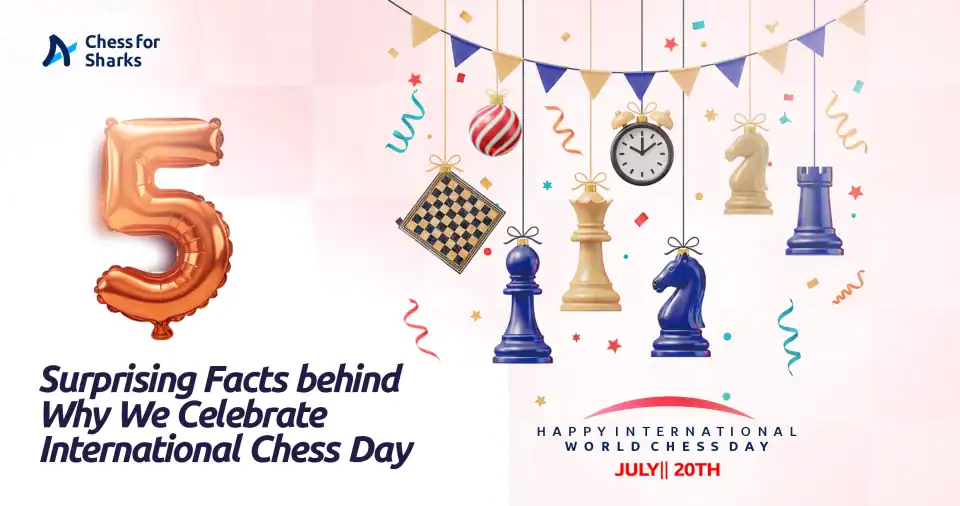
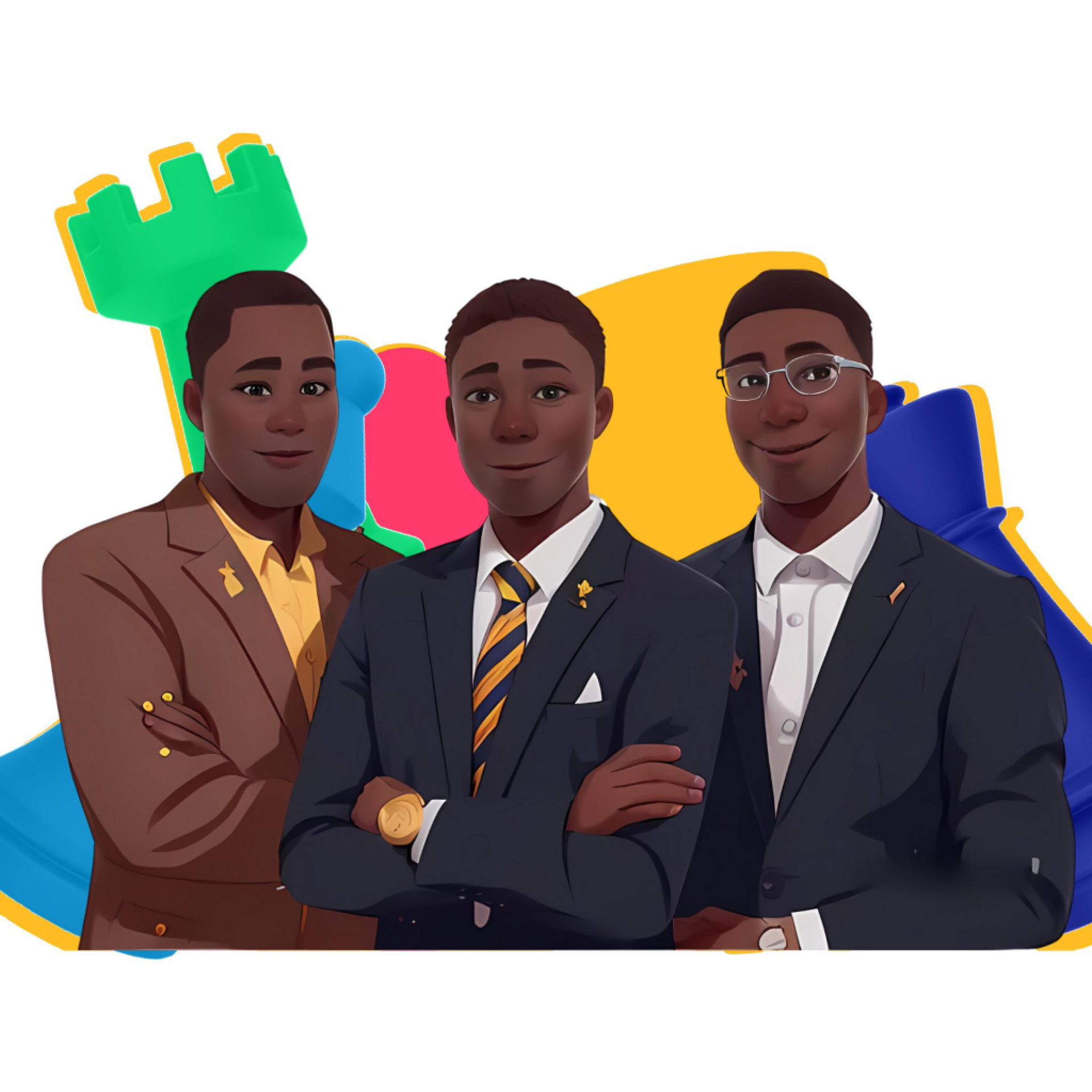


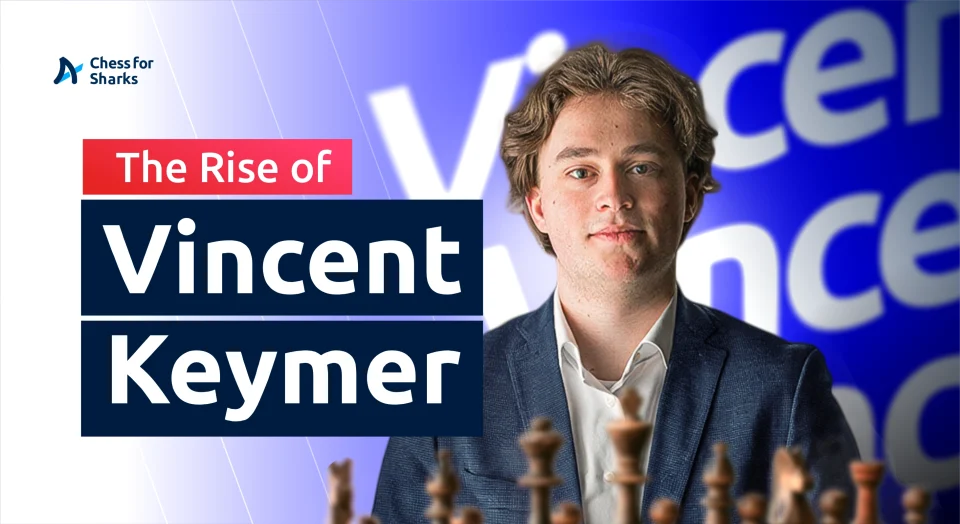


join the conversation